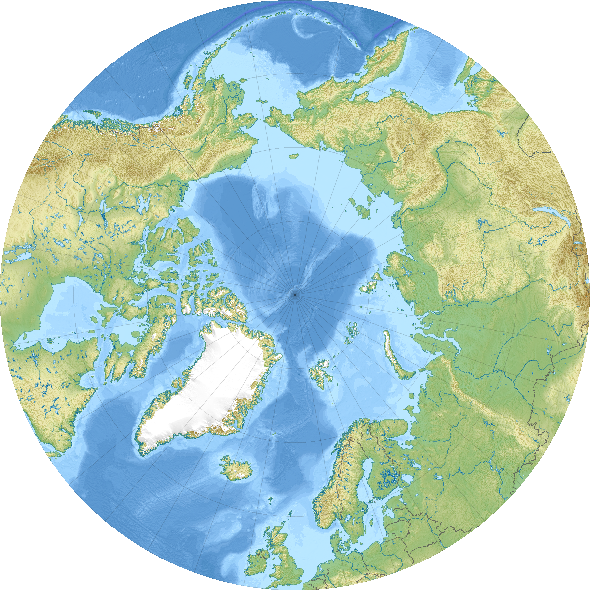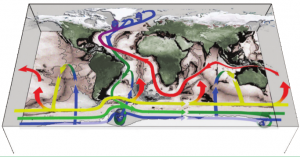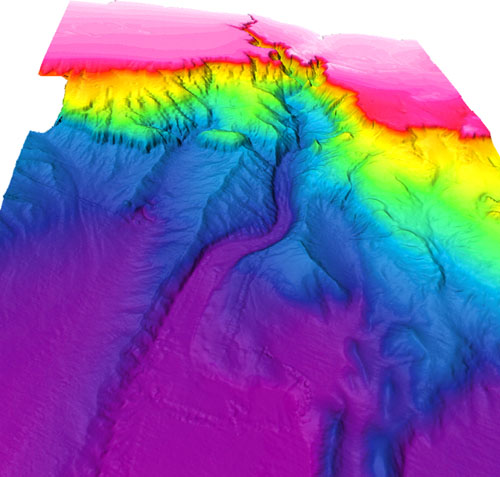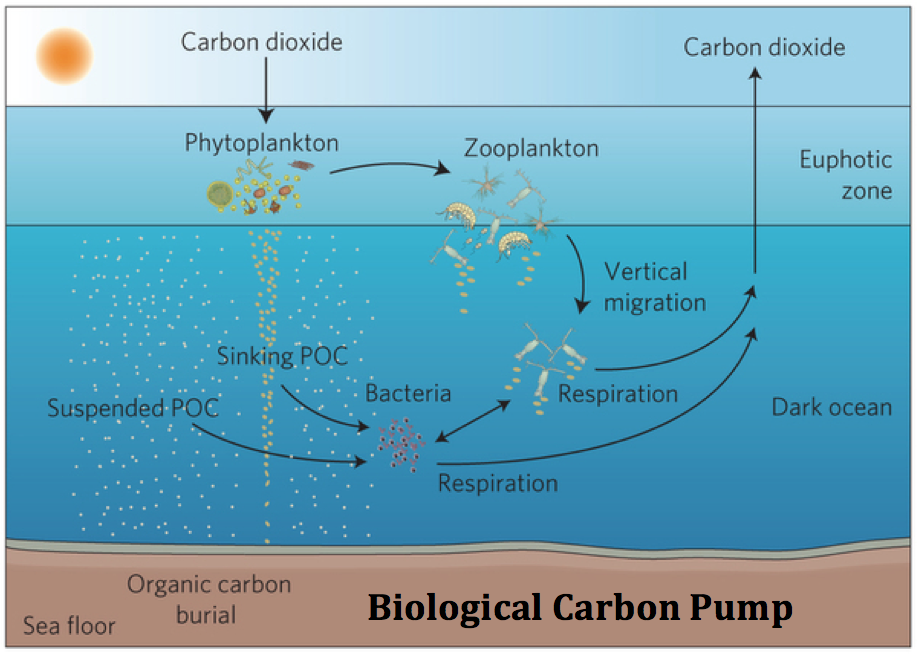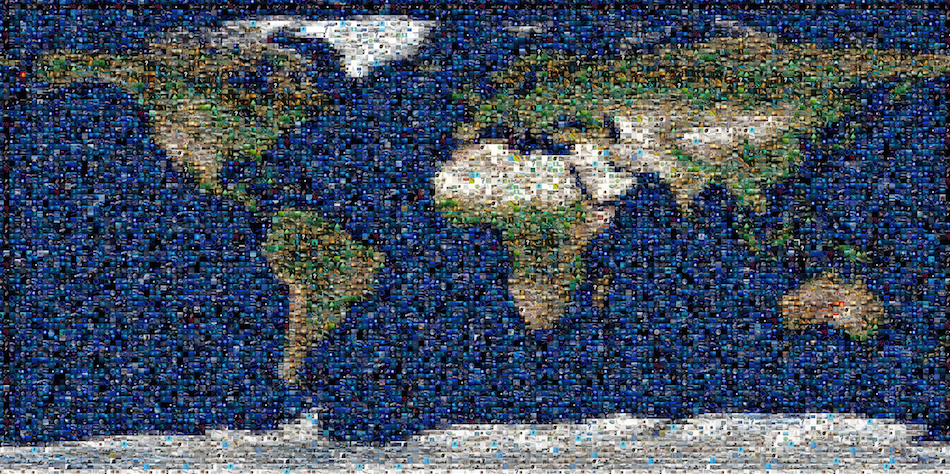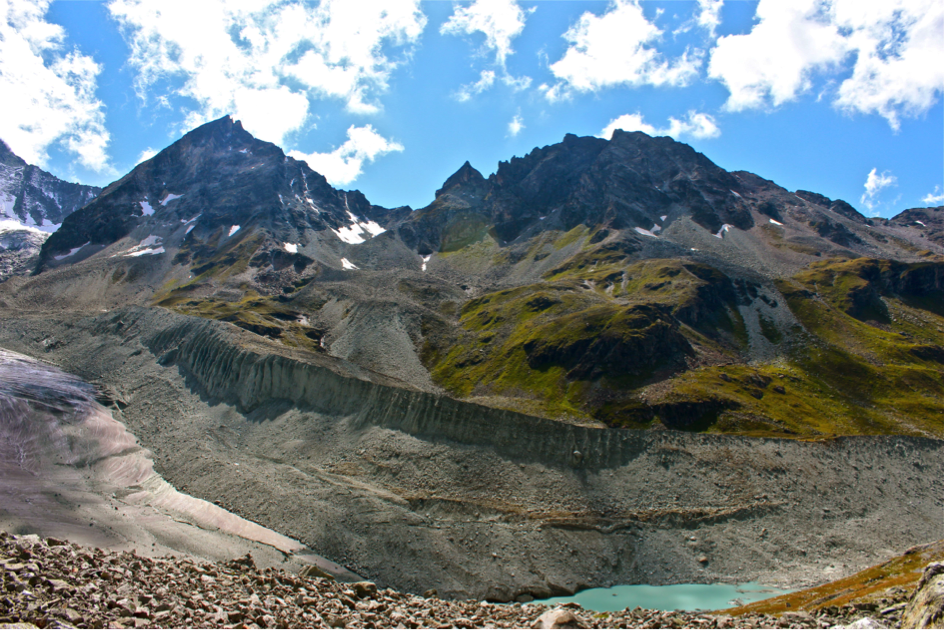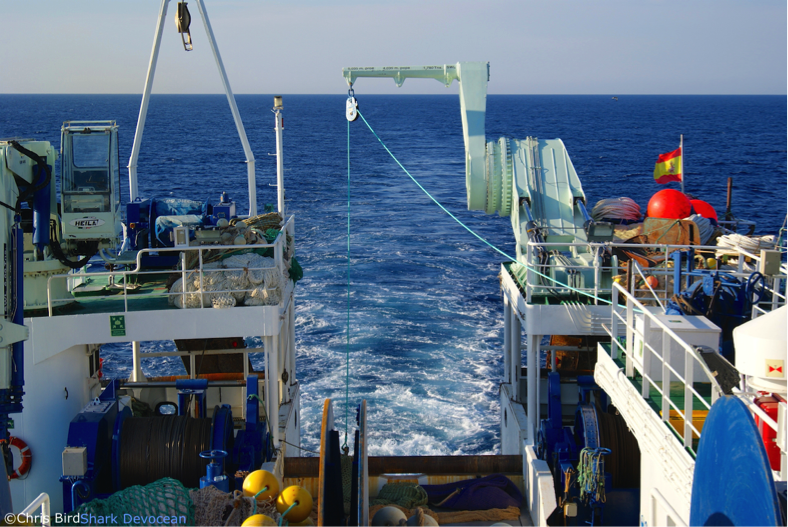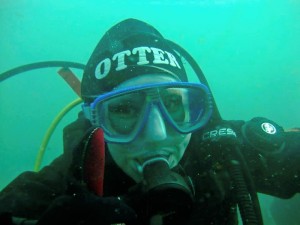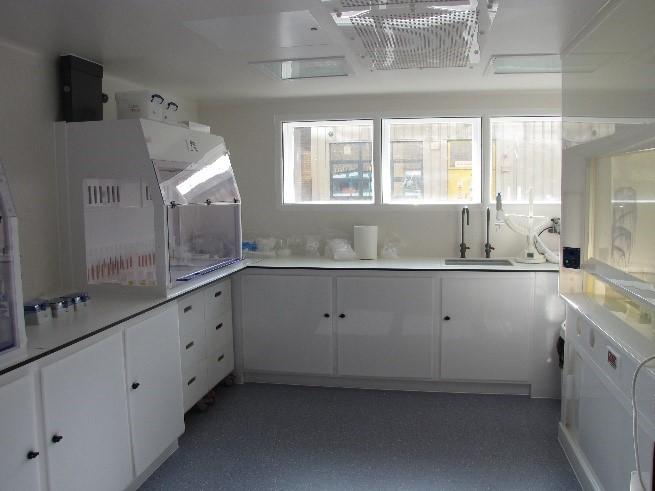
My Research: Heather Goring-Harford
I am a chemistry graduate who has moved into the ocean and earth sciences for my PhD. As a chemist, I have some specialist skills and knowledge which are particularly useful for investigating how chemical elements behave in the oceans. For my PhD project I am studying how chromium stored in ancient rocks can be used as a tool to measure oxygen levels in past oceans.
Chromium is weathered from rocks, transported by rivers into the sea and deposited in ocean sediments.
Continue reading →

